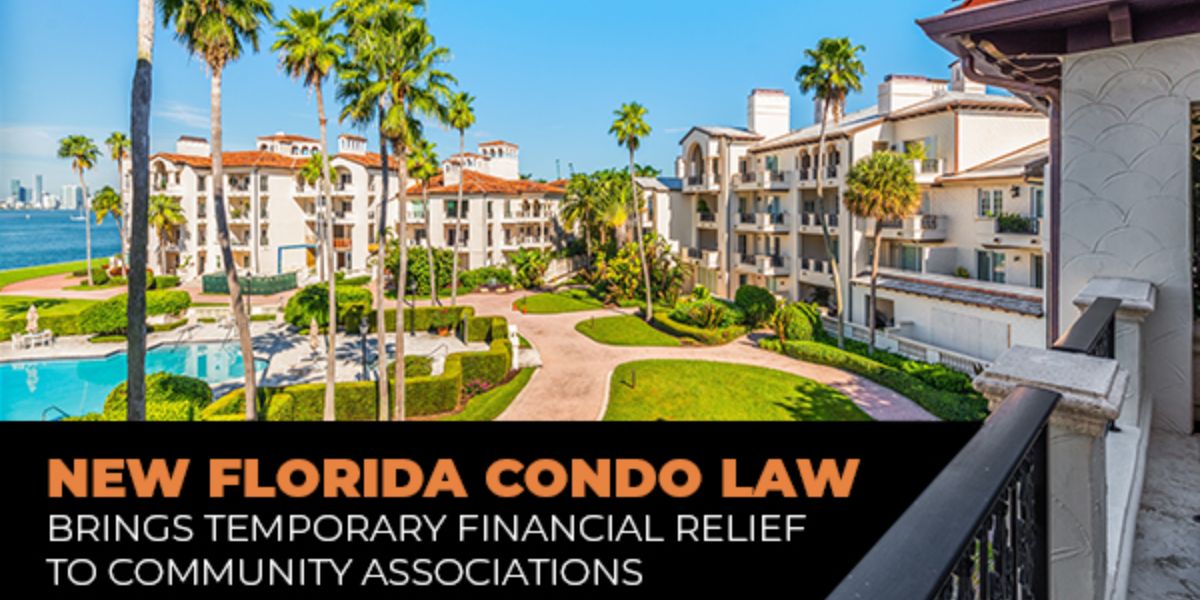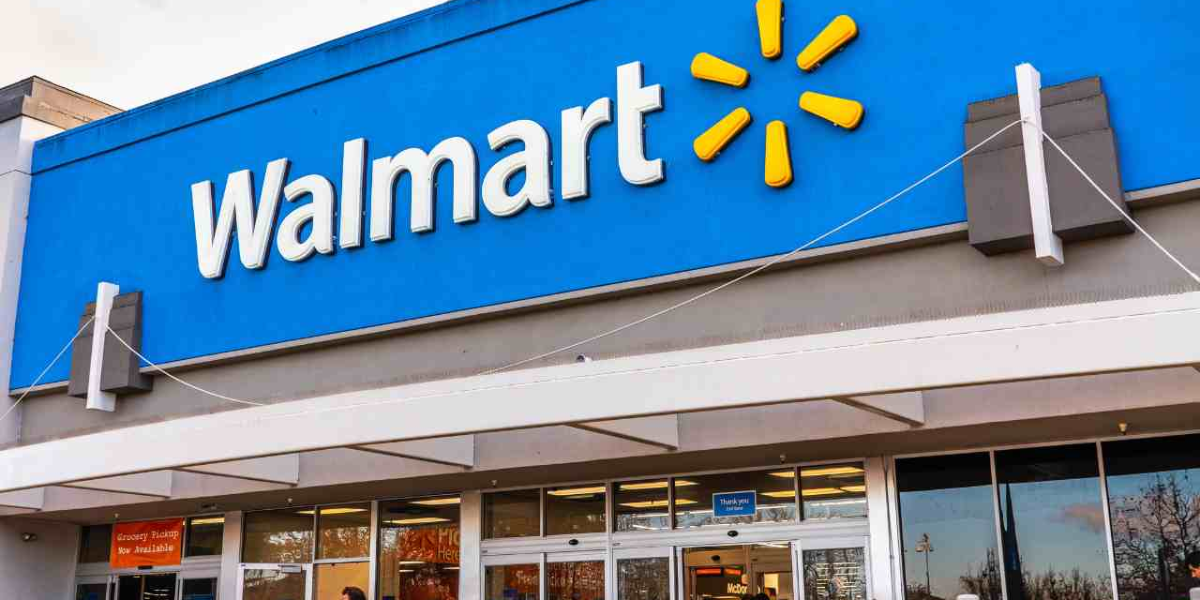After much anticipation, Florida Gov. Ron DeSantis finally signed a sweeping condominium reform bill aimed at protecting condo owners throughout the state.
The bill, HB 913, amends the regulation of condos and cooperatives, increasing transparency and accountability on condominium associations and providing needed financial relief for condo owners. Owners have been battling skyrocketing HOA fees.
It was passed by both the Florida House and Senate in April after residents and condo associations complained that the laws passed after the Surfside Tower collapse were driving up costs.
Following the 2021 collapse of the Champlain Towers South condo in Surfside, which killed 98 people, condos over 30 years of age (and three stories tall) got hit with new safety laws requiring “milestone” inspections and beefing up reserve funds for repairs and maintenance.
With the governor’s signature, new condo legislation will take effect on July 1.
“Today in Clearwater, I signed legislation to deliver much-needed relief to condo owners across Florida,” DeSantis said. “We’ve heard the concerns of condo owners throughout Florida, and we are delivering reforms that will provide financial relief and flexibility, strengthen oversight for condo associations, and empower unit owners.”
The new bill addresses the affordability of mandated condo safety measures by providing immediate relief from the sudden costs of fee assessments by extending the reserve study requirement for one year and allowing for a two-year pause in reserve fund contributions to prioritize funding critical repairs identified in a milestone inspection.
The new legislation also increases the replacement cost of repairs required to be reserved and considered in the Structural Integrity Reserve Study (SIRS) from $10,000 to $25,000 to prioritize more critical repairs.
It will provide alternate funding options that give associations flexibility as they work to meet reserve funding requirements, including an on-ramp for funding of items that still have useful life left.
Advocating for condo boards
HB 913 also allows for greater accountability for condo associations.
Condo boards and unit owners can terminate contracts if a manager fails to follow the requirements of the state’s condo laws. It also prohibits any association manager whose license is revoked by the Department of Business and Professional Regulation from holding any role in a management firm or being licensed for 10 years.
Other changes that’ll be enacted will give more oversight and transparency for condo owners to be more involved in the decision making of their associations.
- Requires full disclosure of potential conflicts of interest and mandates competitive bidding for contracts to make repairs on condominiums, protecting associations from self-dealing and ensuring fair value for owners.
- Requires associations to provide more information and records online, making it easier for residents to access records and understand how their communities are managed and how money is spent. Additionally, it provides associations with the ability to deliver documents electronically, saving time and money.
- Lays the groundwork for increased participation in community meetings by allowing for increased video conference usage and electronic voting.
- Requires condo associations to report information about their property to DBPR and provide additional association details for state regulatory oversight.
- Mandates data sharing among local governments and state partners to better assess compliance with building safety requirements and understand the impact of reforms.
Unit owners will have access to their associations’ financial records, and condo associations will have more time to complete detailed financial reports. It also requires funding method and related details for SIRS to be disclosed to unit owners and potential buyers and extends the time from 3 to 7 days that prospective buyers have to review financial information.




